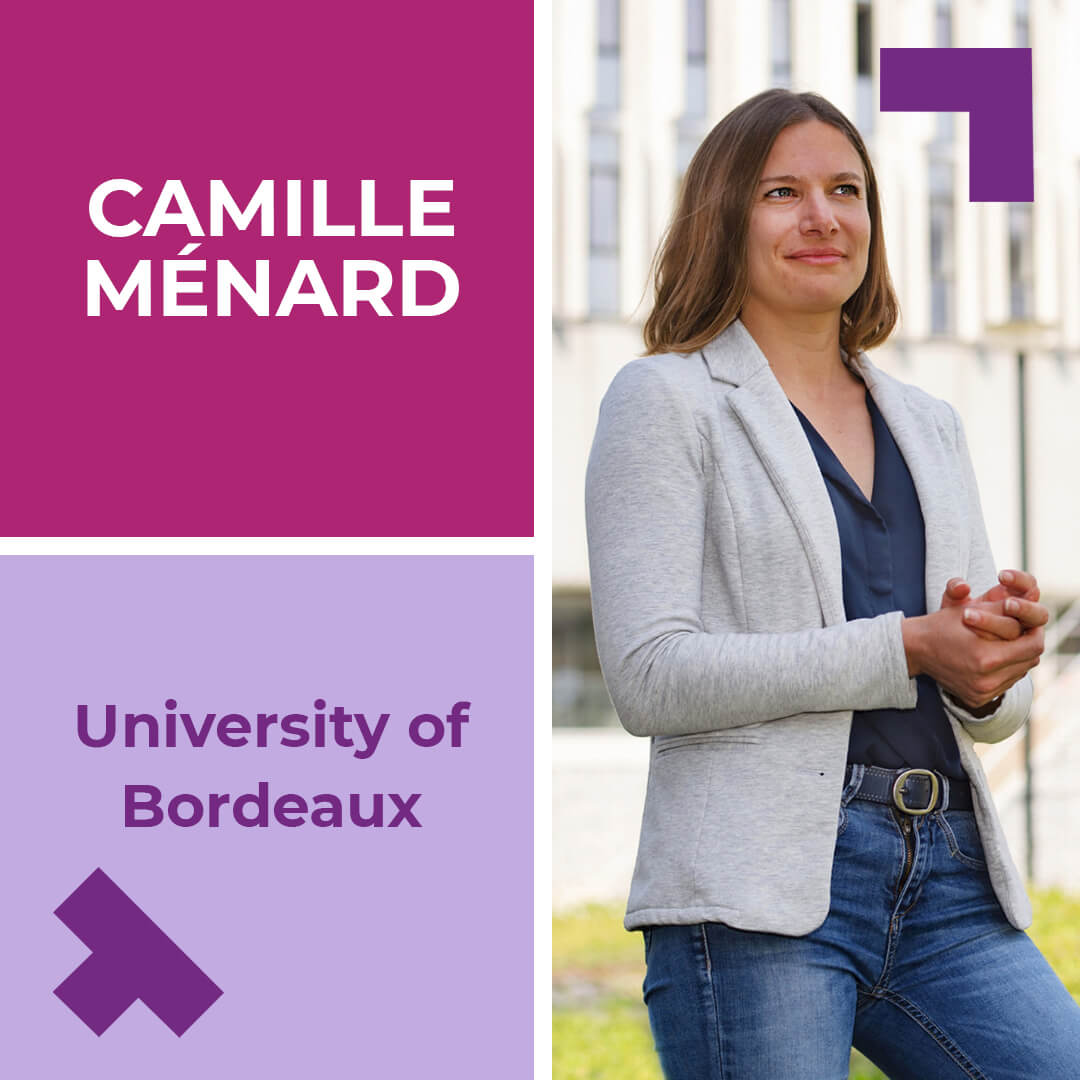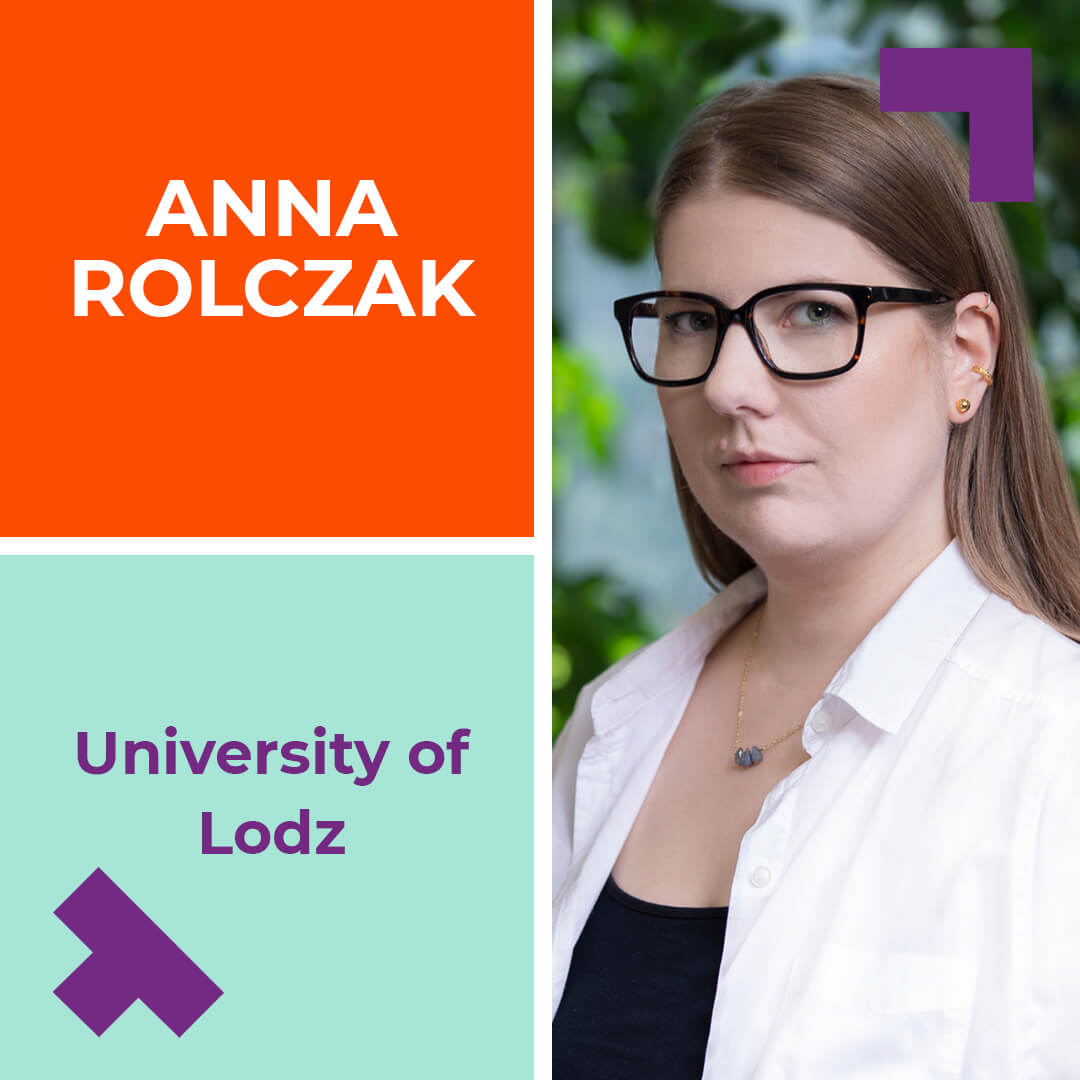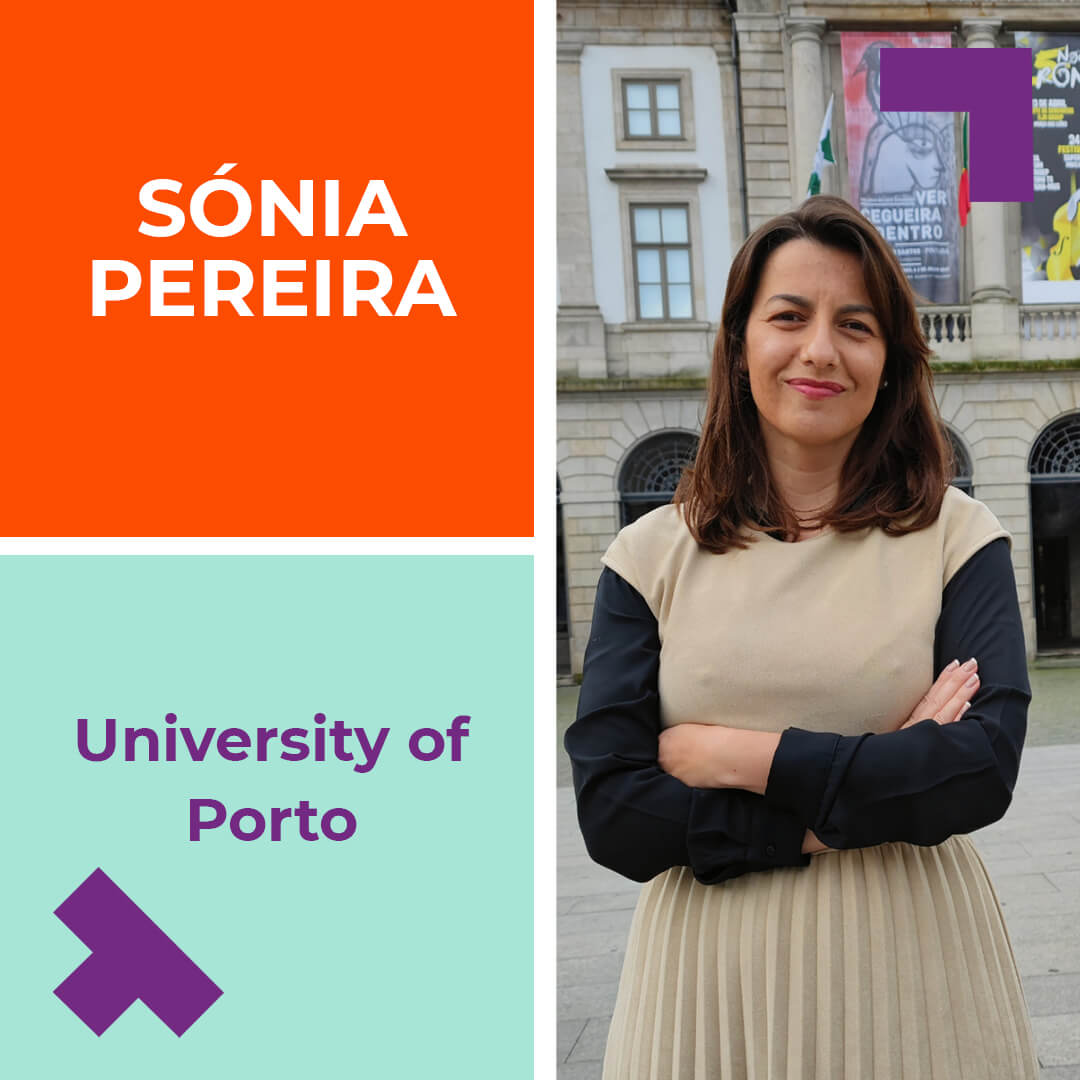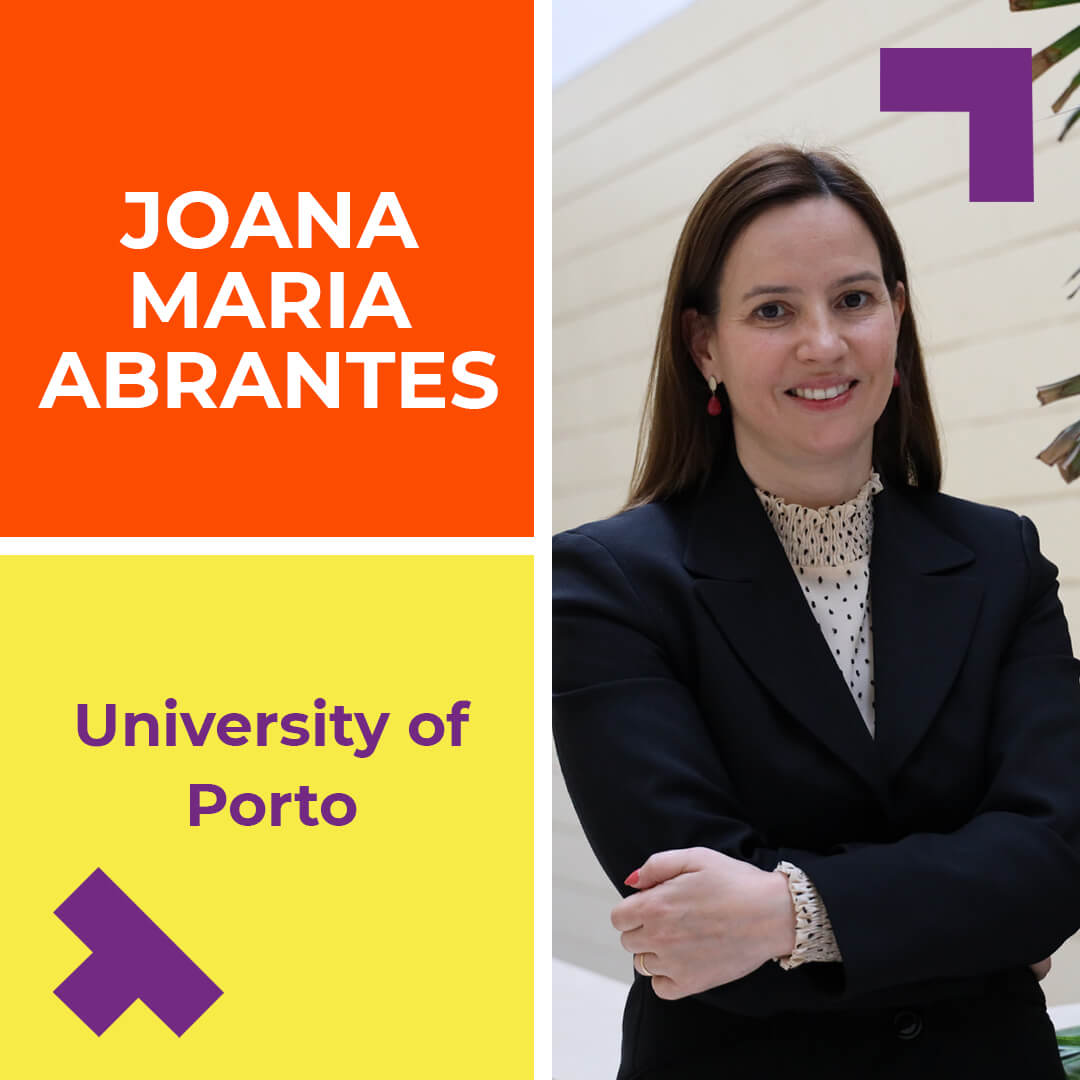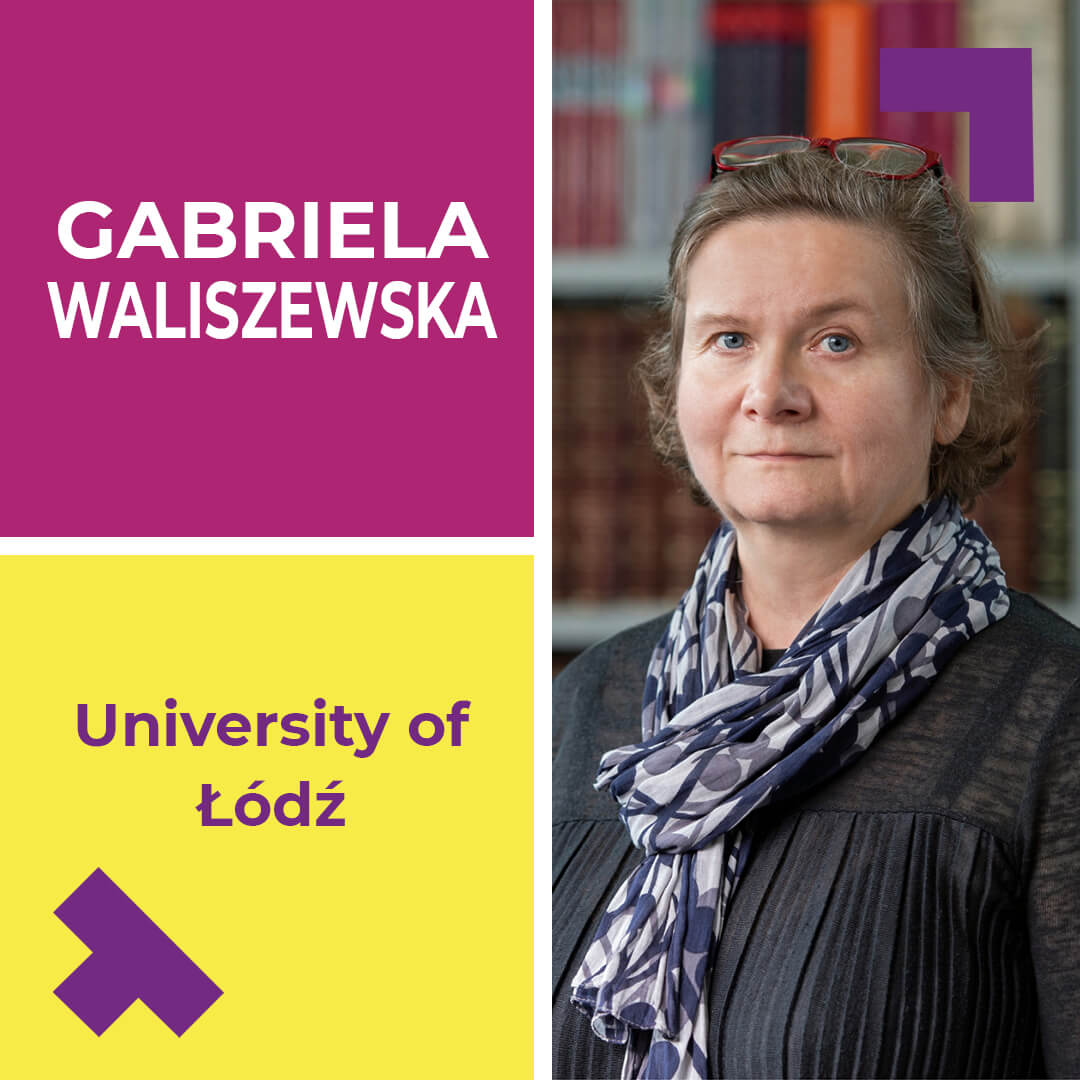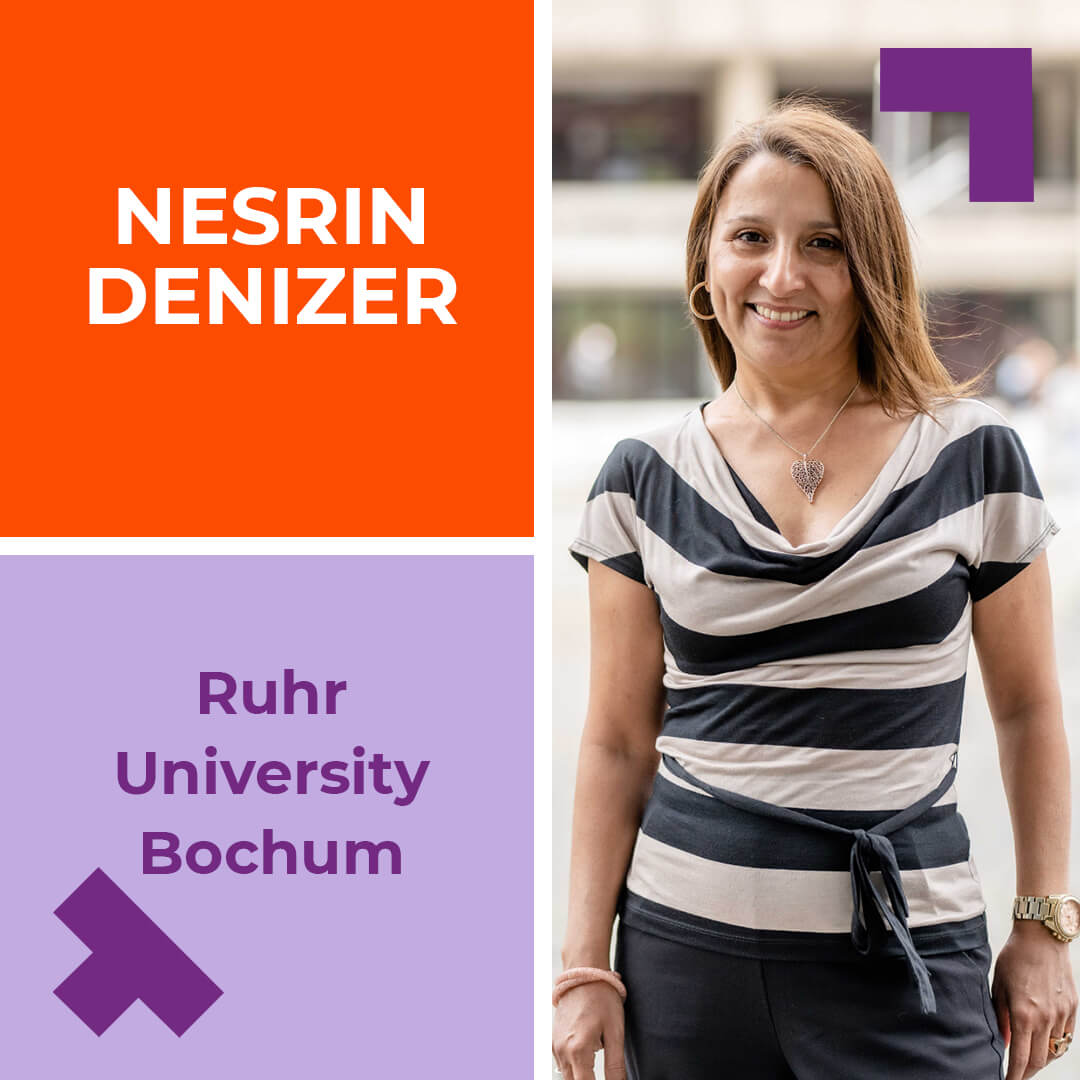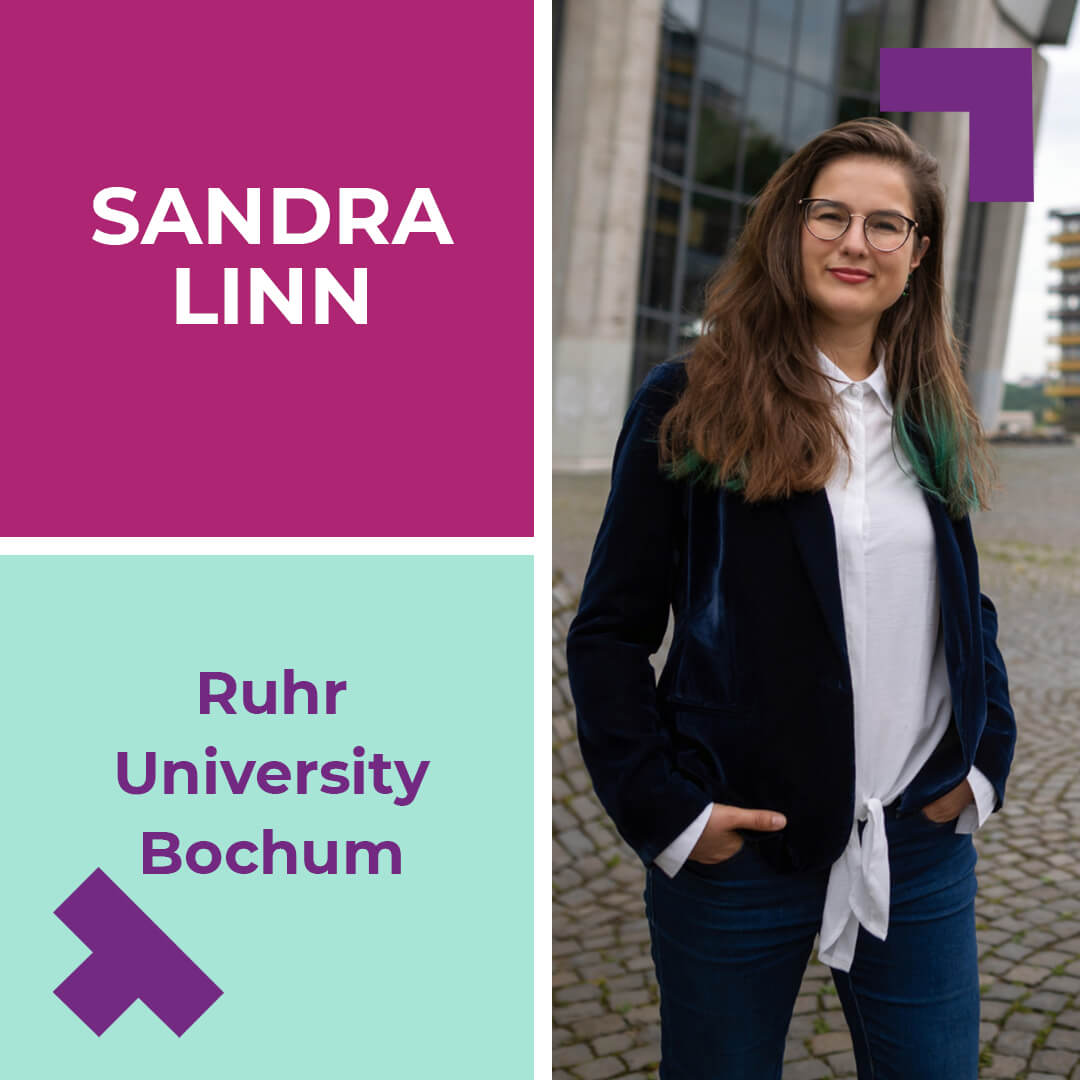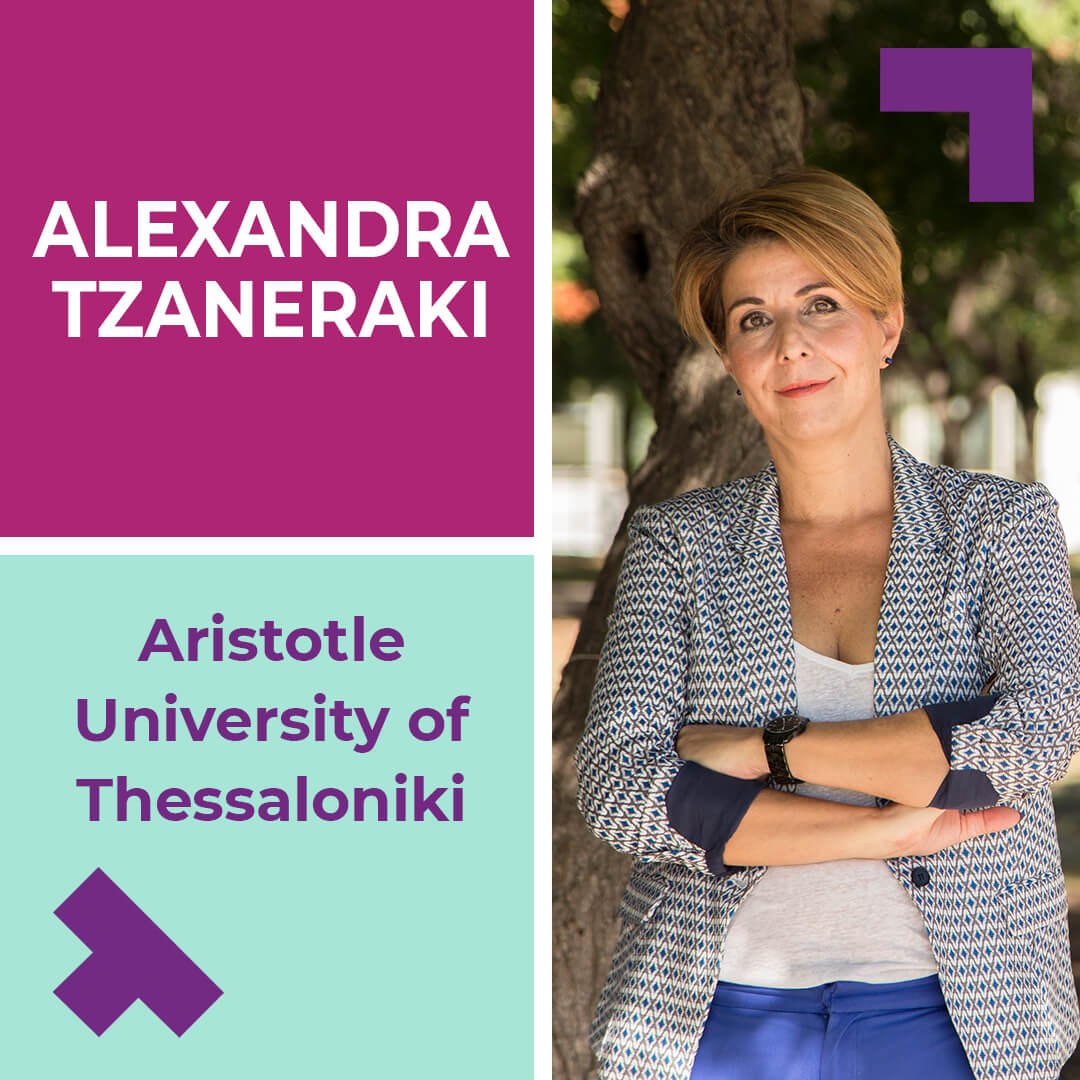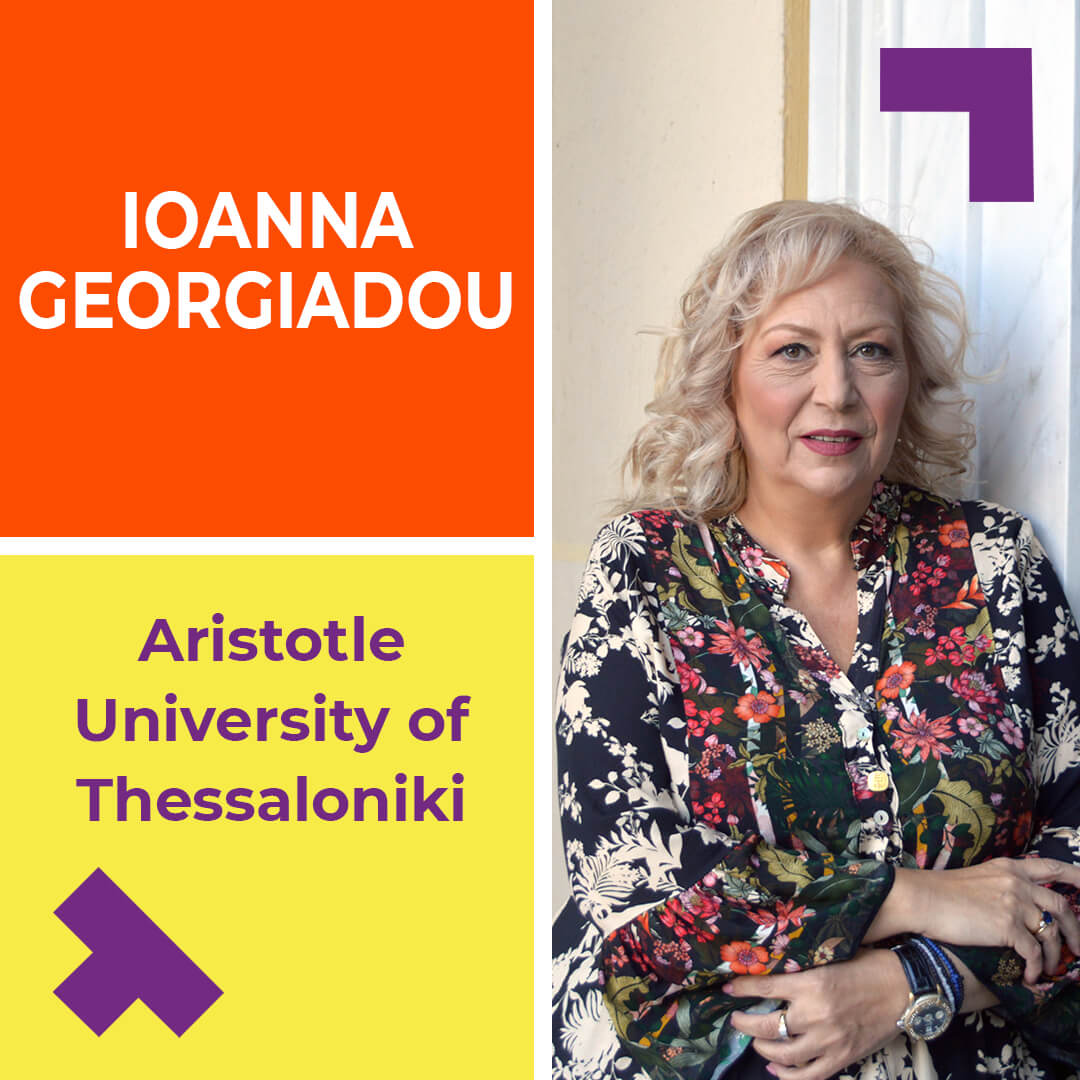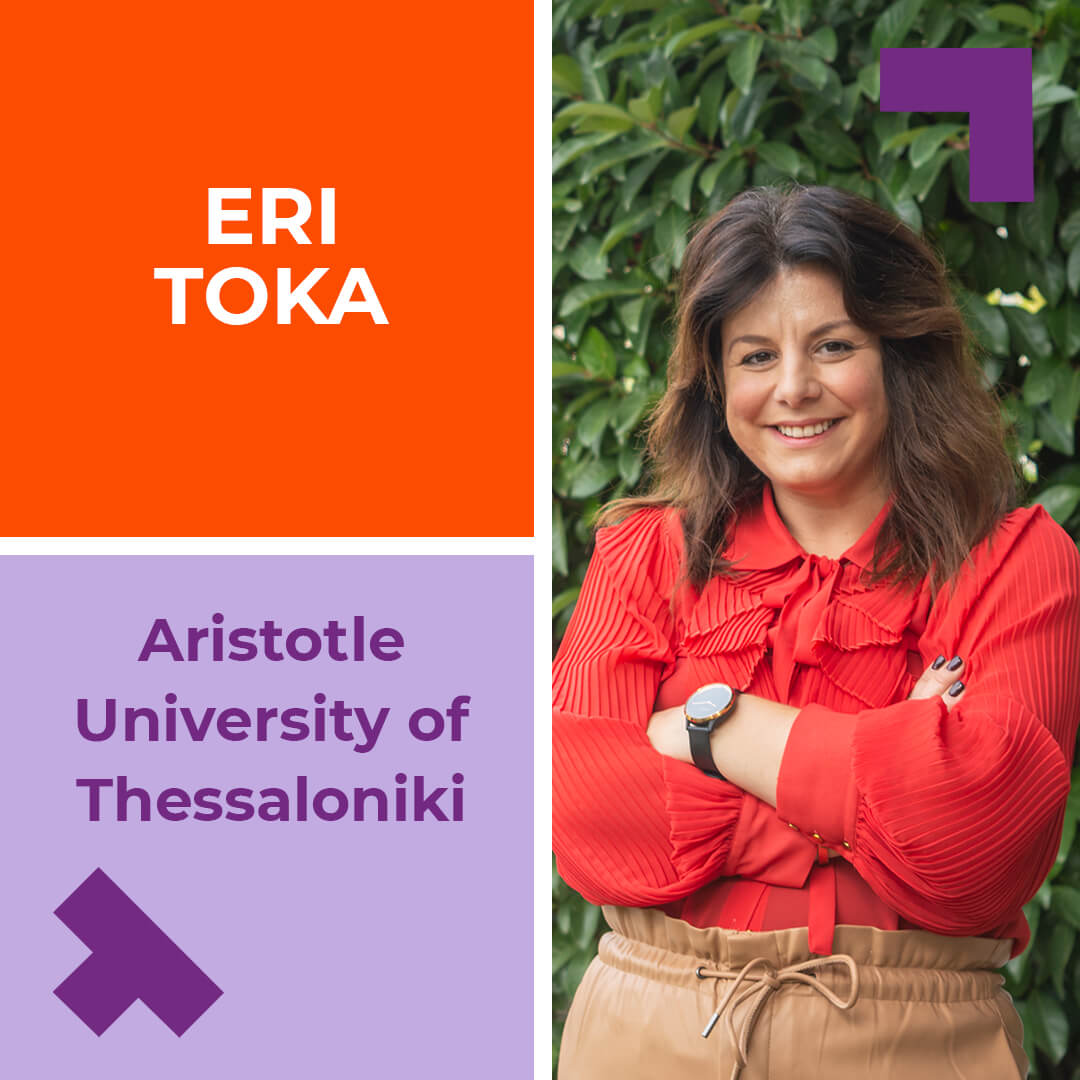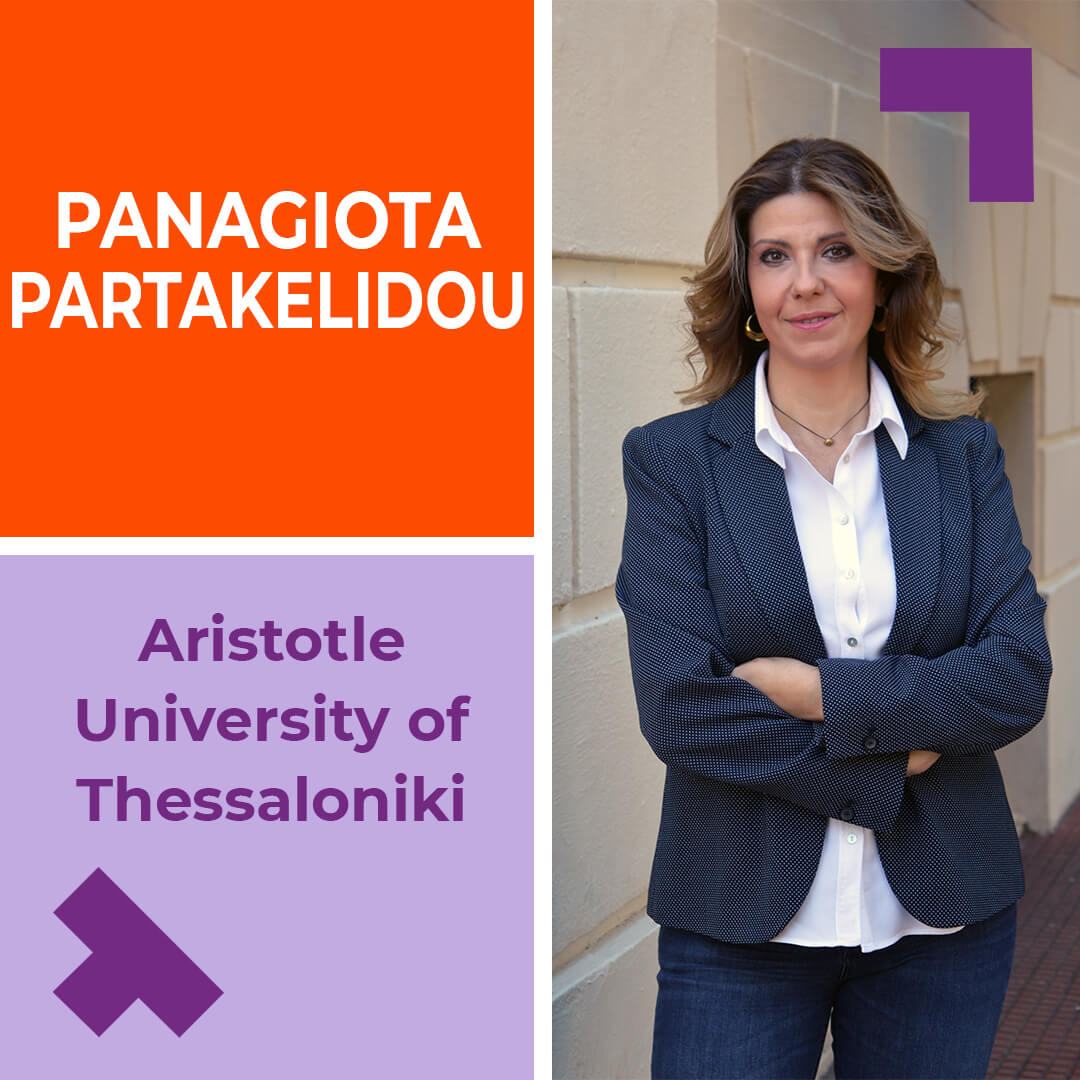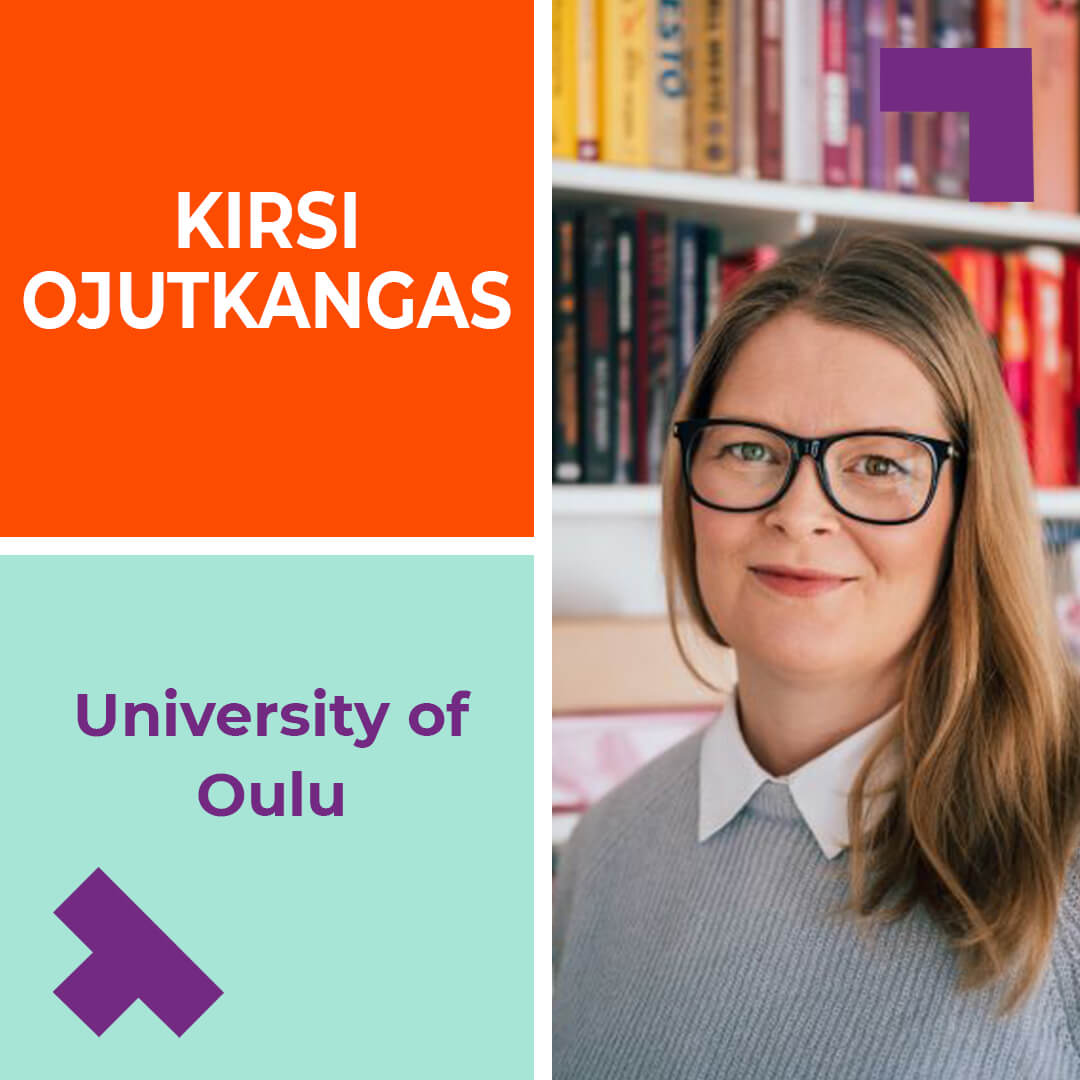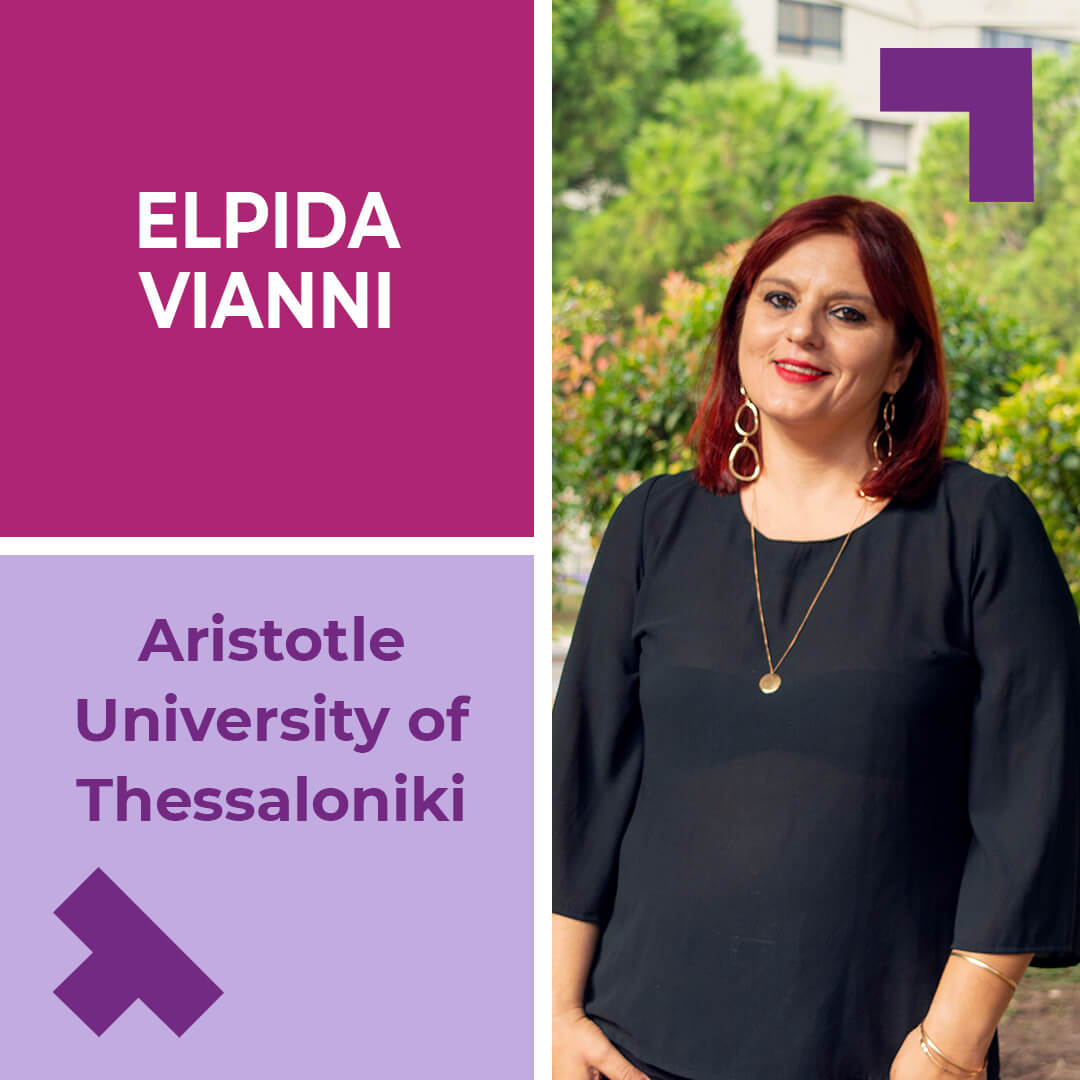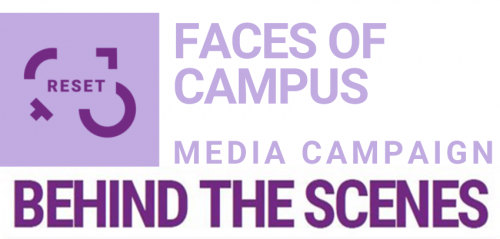
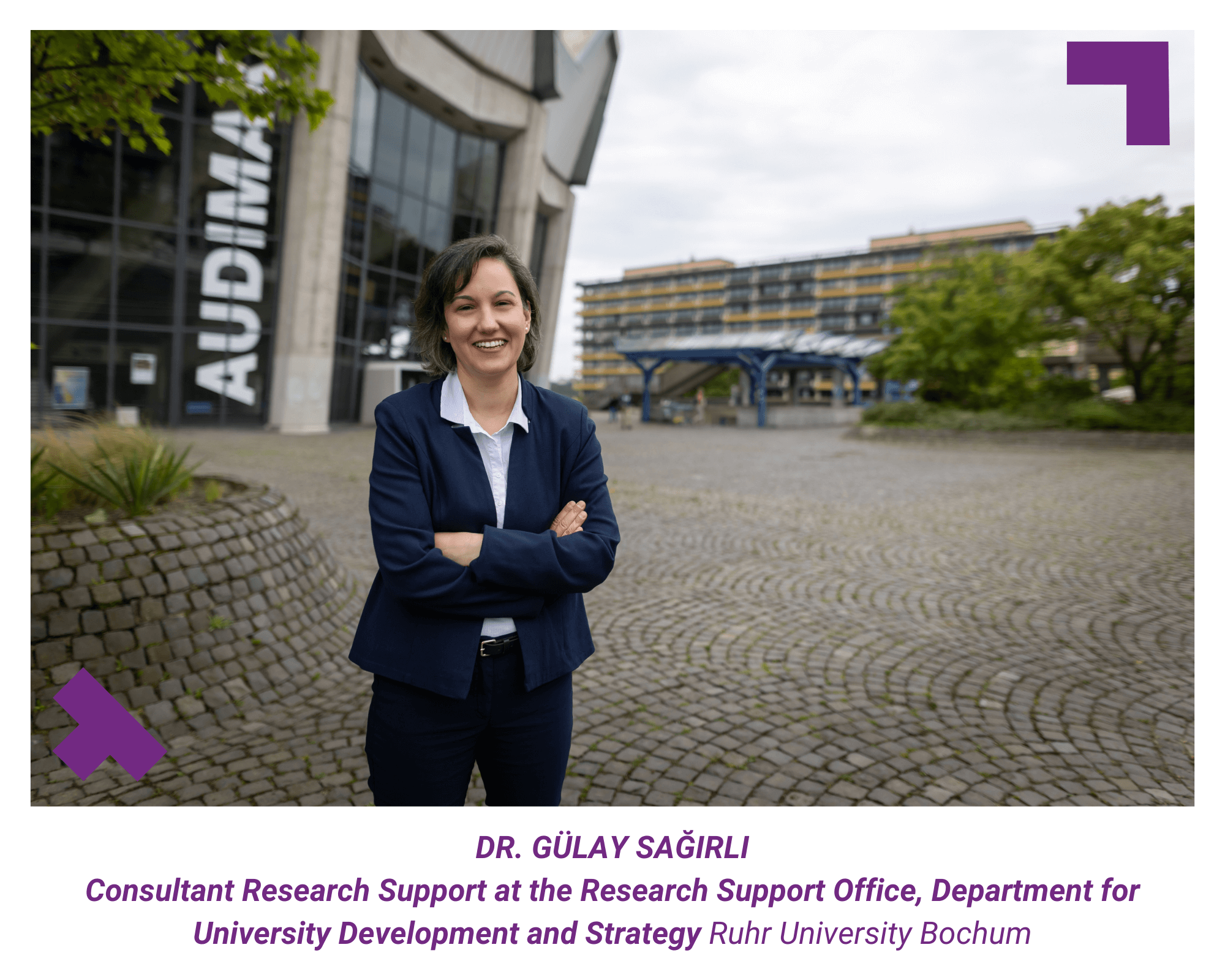
My name is Dr. Gülay Sağırlı and I work in the Research Support Office of the Administrative Department for University Development and Strategy at Ruhr University Bochum, Germany.
The Research Support Office advises researchers with their applications for national and international third-party funding. We support the Rectorate and especially the Vice-Rector for Research and Transfer with the university´s research support applications and the necessary internal co-funding, external co-operations with other universities and non-university research organizations and the university´s strategic development in research.
I am in charge of co-ordinated research projects sponsored by the main external research funding organization in Germany – the German Research Foundation (DFG): I support the applications for Collaborative Research Centers, Research Training Groups and other co-ordinated research projects. Apart from that, I administer the university´s bonus programs for research and am, together with a colleague, in charge of our department´s twitter account – which is worth checking, if you are interested in research funding! See https://twitter.com/RSO_RuhrUniBo
Which aspects of your work/function do you appreciate the most?
I like to help people and co-ordinate ideas, contacts and knowledge between the different divisions of the university. I like to help people to realize their (research) projects. I receive a lot of gratitude and thankfulness, which is a rewarding positive aspect of my work. There are always new (and sometimes revolutionary!) research ideas on the way, which may, in some years, change our lives, the society and/or economy. It is great to be able to help to make these research projects reality.
What do you consider as the most important impacts of your work (e.g. for science, for the scientific community, or for your team)?
The competition for these national funding schemes is very keen and projects have to be more than perfect in order to be funded. In an organizational structure like a German university, which is very much dezentralized, there is always need for co-ordination and the spread of knowledge between organizational actors, especially in today´s fast times. Therefore I think that our support function, our ″quality check“ and co-ordinative function is quite important.
Do you think appreciation is important at work? And in which form?
Appreciation for your work is an elementary factor for motivation for work. This is especially important in organizations with large status differences and structures like our university (administration).
What aspects of your workplace do you perceive as supportive in order to be motivated?
I like the good working atmosphere in our team. It is good to know to have colleagues who can help you out in difficult times.
What would your ideal workday look like?
Starting with the processing of applications for the bonus programs, I shortlycheck our twitter account and ideally post an interesting information for our followers. After a short exchange with colleagues in the team, a productive and efficient meeting with an outcome which is supported by everyone. Meeting nice colleagues at the university canteen for lunch; in the afternoon concentrated (and undisturbed!) checking of an application.
How would you define scientific excellence? What is scientific excellence for you?
Academic excellence is highly innovative and creative and follows the state-of-the art. The particular criteria differ in every research field.


